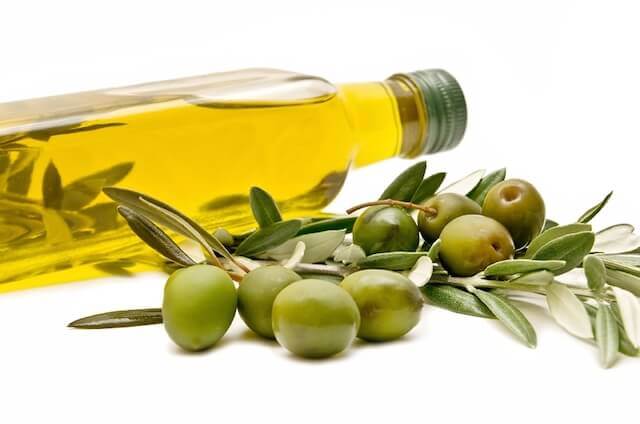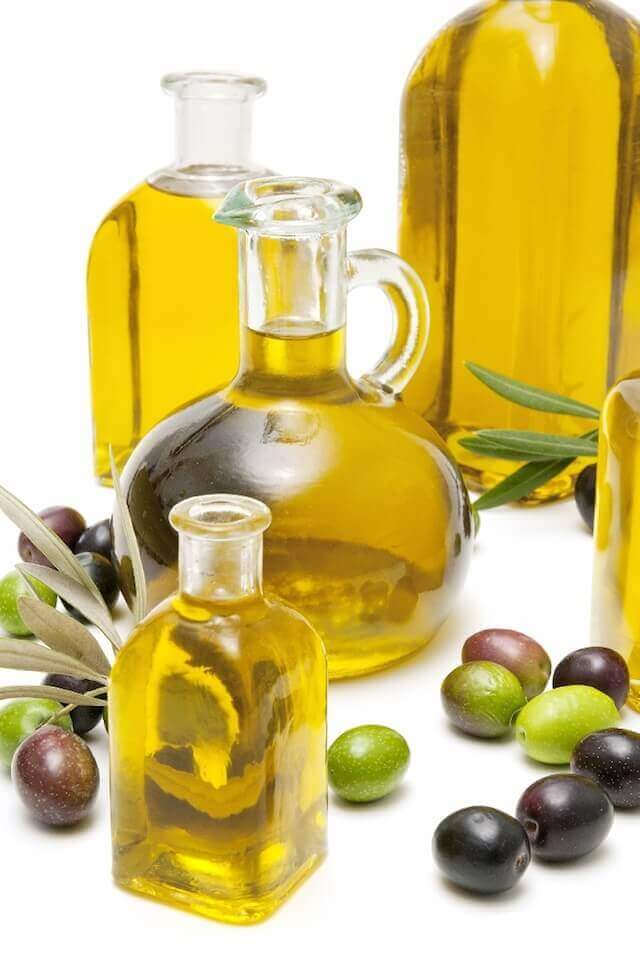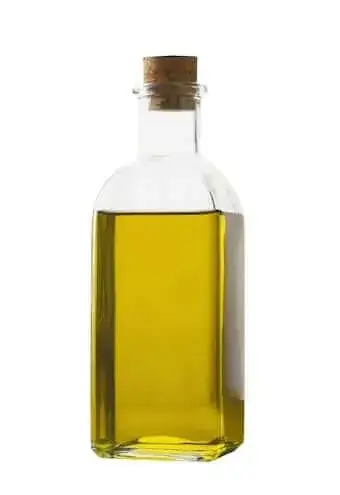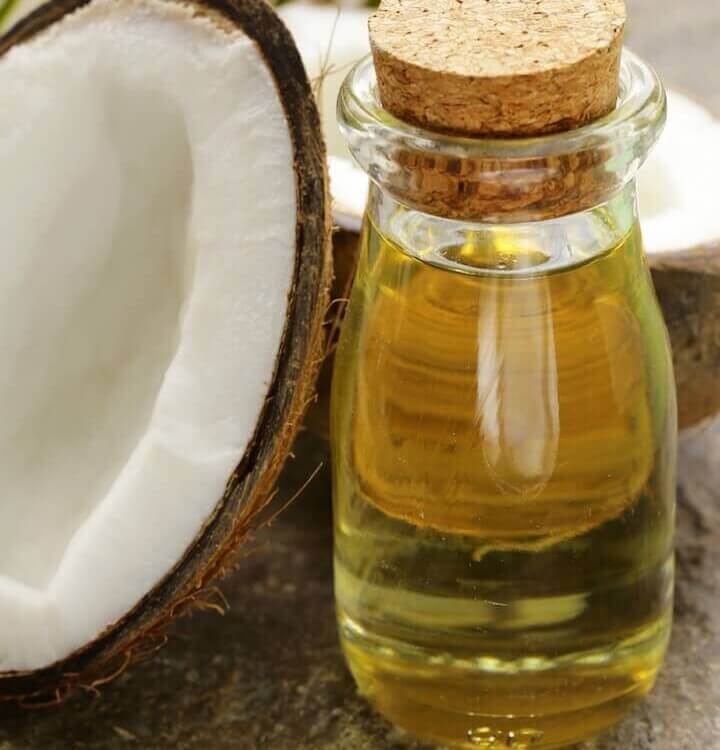Is Olive Oil Good For You?
Ask anyone what cooking oil they think is the healthiest, and most will likely mention olive oil. It is dominating the food market and considered one the leading sources of healthy fats. There are many brands available in food aisles around the globe, as well as several types. Many health claims have been made about this…
This post may contain affiliate links. Please read our disclosure policy.
Ask anyone what cooking oil they think is the healthiest, and most will likely mention olive oil. It is dominating the food market and considered one the leading sources of healthy fats. There are many brands available in food aisles around the globe, as well as several types. Many health claims have been made about this product, but is it good for you?

Types
All types of olive oil share the same source: olives. However, it is the degree of purity that sets oils apart. The different kinds you are likely to find in your grocery store include regular, virgin and extra virgin olive oil. Some stores also offer crude and olive-pomace oil as well. Purity is determined by the extent that the oil is processed, which also affects the nutrient content.
Regular olive oil is usually a combination of virgin and processed oils. Virgin oliveoil is slightly purer than the regular variety, but extra virgin oil is by far the purest. Extra virgin olive oil is made from pressed olives and has a strong, fruity flavor. Because of its purity, it commands a high price and is preferred by both home cooks and professional chefs.
Reasons why it is Good for You
According to research, olive oil does live up to its reputation. Extra virgin olive oil in particular, has been found to contain nutrients and fats people need to maintain a healthy lifestyle. It has high levels of antioxidants, phytonutrients and unsaturated fat. These nutrients play an important role in maintaining good cardiovascular health and preventing a slew of illnesses.

Olive Oil and Your Heart
Studies show that people who cook with this kind of oil can have lower bad cholesterol levels. It in fact increases the levels of good or HDL cholesterol, which is essential for preventing fat pockets from forming around the heart.
Disease Prevention
The antioxidants and phytonutrients in olive oil affect the body’s immunity against illnesses and can prevent many types of cancers. These nutrients are highly effective at reducing inflammation and removing free radicals that contribute to various diseases. Although there are numerous studies that prove olive oil has disease-prevention capabilities, research is still ongoing.

Weight Loss effects
Because oil is an almost daily aspect of cooking, the type of cooking oil you use affects your health and figure. Most healthy oils, such as olive, grape seed and vegetable oil, contain similar amounts of calories. A tablespoon of oil adds up to 120 calories, which means you should keep portions small to manage your weight. The good news is that this type of oil is more nutritious and can help you avoid the harmful chemicals and bad fats often found in regular cooking oils.
Is it good for you? The answer is a definitive yes. It is one of the healthiest oils you can find on the market, and is significantly more nutritious than regular varieties. When shopping for olive oil, invest in extra virgin olive oil from a trusted vendor.


Leave a Comment